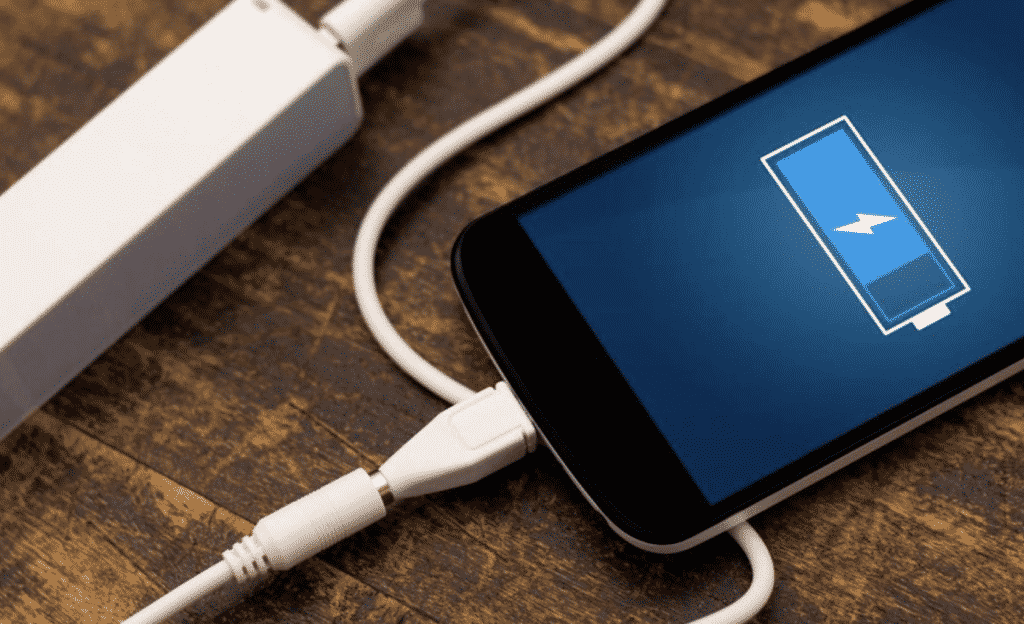Every year the stress of living seems to become more intense – working, providing for a family and maintaining relationships are just a few challenges we face. Recently there has been the added factor of COVID, creating the perfect storm of chronic anxiety and worry. We’ve compiled this short list of ways to regroup and recharge.
Technology detox
Studies have shown that regularly checking your phone depletes your brain’s resources and interferes with its ability to perform. When you pop online to check social media, you’re not only becoming distracted from work, but can often be sucked into various other metaphorical wormholes. In your downtime, checking your phone often can also rob your brain (and eyes) of much-needed rest. Try to go for a length of time without your phone – and even better, put down your laptop too so you can refresh completely.
Meditate – breathe
You’ve probably heard this before, but meditation is the go-to when it comes to coping with stress. It costs nothing and requires no equipment – the biggest challenge faced by most people is the unfamiliar experience of sitting with themselves and being still. This concept is so foreign to many people that it can take time to get into meditation, but once you do you will feel the benefits. If you don’t know how to meditate, then start here: breathe in for four seconds and out for six seconds, then repeat for as long as you like. This slows your heartrate and diminishes the “fight or flight” response.
Stick to a routine
Spontaneity obviously plays an important part in creating balance in your life, but when it comes to dealing with chronic stress, constructing a routine can be very beneficial. It’s well known that having a set bedtime improves the quality of sleep, and giving the rest of your day structure can also erase some of that free-floating anxiety many experience. You don’t need to be rigid, but try to block out some time for relaxation, fun with the casino slots Argentina offers, physical activity and social connection as often as possible – and stick to your plan.
Express your anger
Expressing your emotions is extremely important in keeping well mentally and physically. Repressed feelings of fear, anger, shame or grief can manifest in any number of ways from mental illness to chronic headaches. Get frustrations off your chest – even if it’s by scribbling in a journal and tearing it up afterwards. It’s been shown that so-called “rage rooms” don’t have lasting benefits, so instead of lashing out in an attempt to vent your anger away, focus on returning to a calmer state using breathing or communicating with someone.
Take time – or make time
The most essential tool to recharge your battery is to take some time off, whether it is two minutes or two days. Even if you are working overtime it is vital to take moments of rest – you’ll thank yourself in the long term. Prevention is better than cure: devoting some time to replenish your mental resources could save you many problems.
